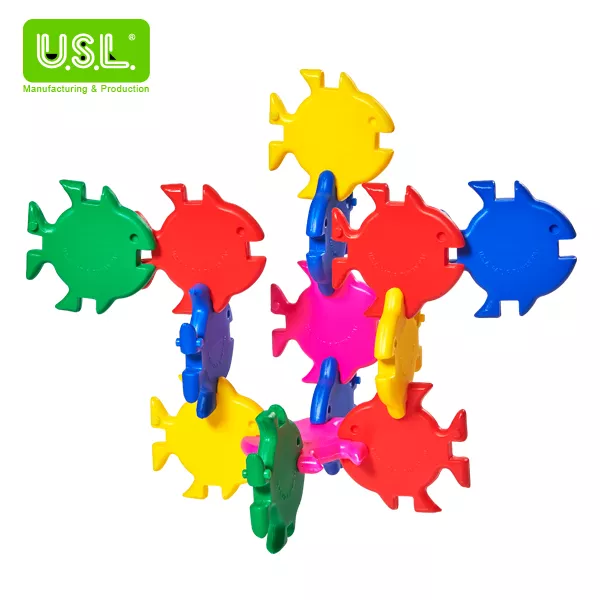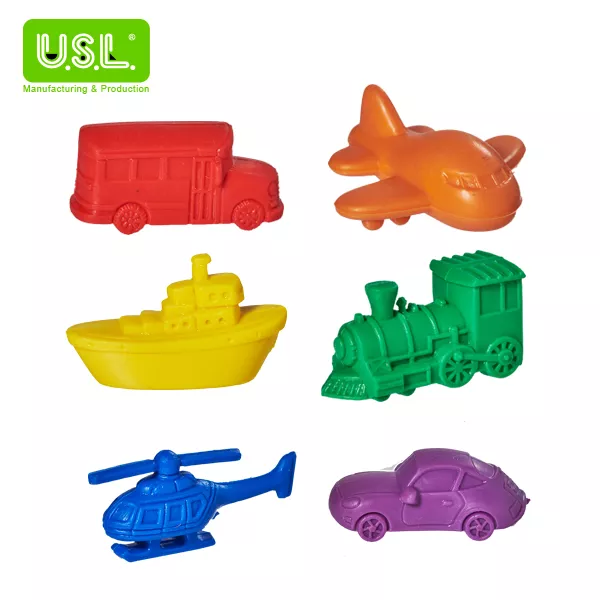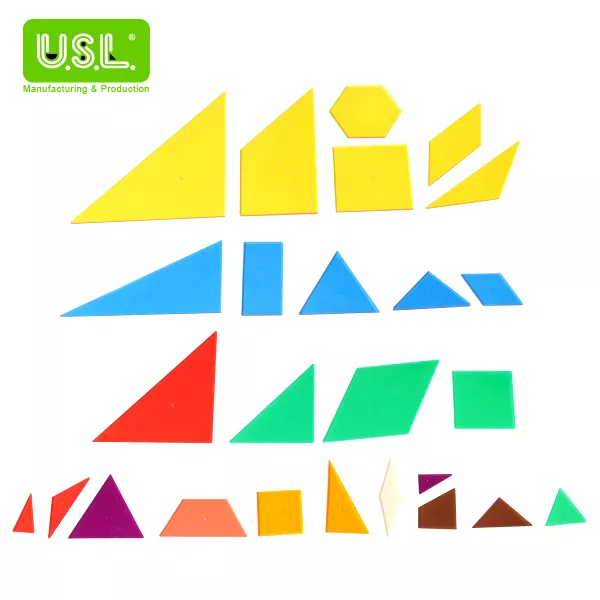How to Choose the Right Educational Toys for Different Ages and Interests?

Based on Developmental Stages
0-1 years:
Opt for toys with bright colors, varied textures, and easy-to-grasp features to stimulate sensory development and hand-eye coordination, such as plastic blocks and large puzzles.
2-3 years:
Children at this stage start exploring their surroundings. Suitable toys include simple puzzles, blocks, and role-playing games that aid in language development and fine motor skills.
4-5 years:
Choose toys with narratives and interactivity that can spark imagination and creativity, such as role-play costumes, complex puzzles, and basic science experiment kits.
6 years and older:
Opt for more challenging and educational toys, such as complex building sets, intricate construction and mechanical models, as well as logic and strategy games, which help enhance logical thinking and problem-solving skills.
Considering Children's Interests and Preferences
Try to select toys that the child likes, which can stimulate their initiative and enthusiasm, making learning through play more effective. However, avoid overly narrow or fixed choices; guide and expand children's interests by exposing them to and encouraging them to try different types of toys, thus broadening their knowledge and experience.
Observation and Listening:
Pay attention to the interests and preferences children show in daily life, which can be an important basis for choosing toys.
Diverse Experiences:
Don't limit to one type of toy. Offering a variety of choices can help children explore new interests and potentials.
Participation in Selection:
Involve children in the toy selection process to increase their interest and usage of the toys.
Choose Based on Interests:
Allow children to choose toys related to science, arts, sports, or technology to discover their inner preferences.
Emphasizing Safety and Quality
Safety Standards:
Ensure the toys meet international safety standards to avoid hazards like harmful substances or choking risks from small parts.
Durability:
Choose high-quality, durable toys that can withstand wear and tear from daily use and remain appealing over time.
Balancing Educational Value with Fun
Learning and Fun:
Select toys that are educational and enjoyable, facilitating natural learning and development during play.
Encourage Creativity and Problem Solving:
Opt for toys that stimulate children's creativity and problem-solving skills.
Youth Toys, since 1987, has been dedicated to researching, designing, and manufacturing educational toys suitable for children, marketed in dozens of countries worldwide. We consistently provide parents and educators with the highest quality educational toys, ranging from color recognition, shape identification, and letter & number recognition to logic and puzzle-based products. Each item is your best choice for enriching children's learning experiences.
Recommended articles
Recommended products




